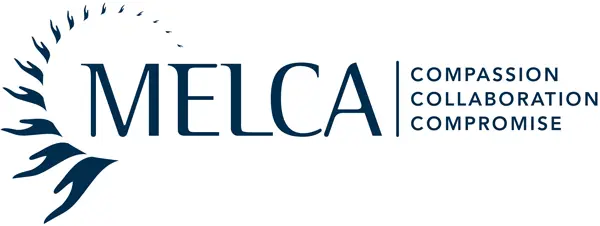We’ve previously looked at protecting your assets during separation and how the court approaches dividing assets, but there are a few more points that often come up.
Is Superannuation Counted as an Asset?
The answer is yes. Superannuation is seen by the law as property, which can be divided between you. That is called “super splitting”.
In practice, all or part of one person’s superannuation will be transferred out of their fund into the other person’s fund. When superannuation is split, it remains as superannuation and cannot be withdrawn unless that was already possible because of age or retirement.
It is not necessary to split your super, but it is common nowadays. Sometimes one person prefers to have superannuation as a greater part of their settlement, and one may prefer other assets. This is a matter for negotiation or court order.
Super splitting cannot be done informally. It has to be done as part of consent orders, court orders, or a financial agreement. You will need legal advice to do this.
Spousal Maintenance or ‘Alimony’
When you marry or live in a de facto relationship, you have the responsibility to support each other financially to the extent you can. Once you separate, you still have that right or responsibility, at least in the short term.
Spousal maintenance payments are not automatic, and there is no formula, such as for child support. Any payment is based on the need of one person and the ability of the other to pay. It is expected that both people will be able to live at a relatively similar standard of living.
A typical case where spousal maintenance would be payable is when one person has limited or no income, and cannot work because of lack of skills, the need to care for children, or ill health. The Australian courts have adopted the practice that spousal maintenance is to be paid while a person re-establishes themselves in work or health, and does not go on forever except in the rarest of cases.
Mostly, people decide to divide their property in a way that pays out the spousal maintenance to the receiving party in a lump sum, such as by that person getting more of the assets.
Liabilities
Some liabilities may be in both names, such as the mortgage on your family home. Others, such as tax liabilities, or debts associated with a company, might be in the name of one spouse only. Most often, liabilities within a marriage will be seen as joint liabilities, even if they are only in one person’s name. You will need legal advice to know where you stand on this question.
These are the main questions that come up, but should you have any more questions, contact us.


